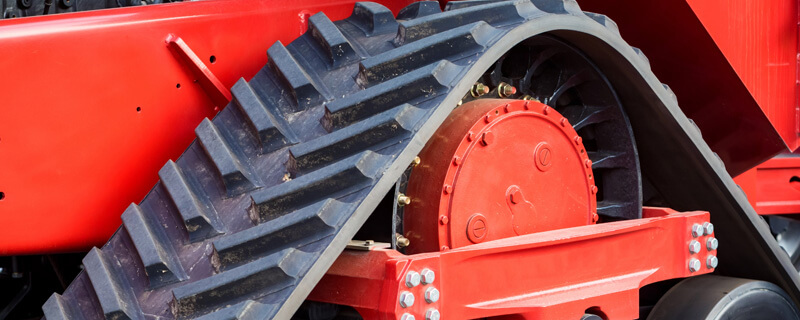Mar 26, 2025
Manufacturers frequently use a process called overmolding, which involves layering or molding one material over an existing substrate to enhance the final product’s properties, functionality and design. For example, liquid silicone rubber (LSR) overmolding onto subst[…]
Feb 15, 2025
Engineered fibers are designed to enhance the properties of products in a variety of industries. They are widely used in transportation, industrial and construction to improve product safety, strength, environmental resistance and durability.
As shifting market co[…]
Jan 15, 2025
Conductive carbon black is a popular performance additive that boosts the conductivity and mechanical properties of polymers, elastomers, and rubber compounds. Materials such as adhesives, plastics, and coatings often have low electrical conductivity, which limits th[…]
Jul 15, 2024
Have you ever wondered how rubber spatulas and spoons get their vibrant colors? If these products are made of silicone, it’s likely that Holland Colours’ colorants for liquid silicone rubber are responsible for their eye-catching hues.
Liquid silicone rubber (LSR)[…]
Feb 23, 2024
Thermoplastic elastomers are an essential material for manufacturing a wide array of products across automotive, medical, industrial and consumer sectors. When considering TPE vs. silicone, keep in mind that different thermoplastic elastomers have distinct characteri[…]
Jan 25, 2024
Rubber is a very versatile elastomer used in various industries to mold parts and manufacture products such as automotive tires, cables, and surgical gloves. Rubber also serves as a lining material for industrial chutes and storage tanks and a protective coating for […]
Jul 27, 2023
Platinum-cured silicone is being used for more applications today than ever before. The inherent physical properties of silicone rubber, such as its resistance to water and heat, make it suitable for a variety of products. While peroxide has been the industry standar[…]
May 23, 2023
Rubber to substrate bonding refers to the process of combining elastomers to substrates made of various materials through various chemical and mechanical means. This bonding technique is utilized in numerous industries, including automotive, sealing, aerospace and ma[…]
Mar 14, 2023
Bruggemann, a company specializing in polymer additives, has introduced a new technology that was recently featured in Rubber World. This innovation combines two additives, TP 1862 and LP21-103, to create a rubber-to-metal adhesive that eliminates the need for resorc[…]
Jan 16, 2023
Phenolic resins are used to tackify, reinforce or help cure rubber compounds. They are known for their heat resistance, hardness, dimensional stability, and chemical and electrical resistance.
What are Phenolic Resins?
Phenolic resins are a type of thermoset polyme[…]












